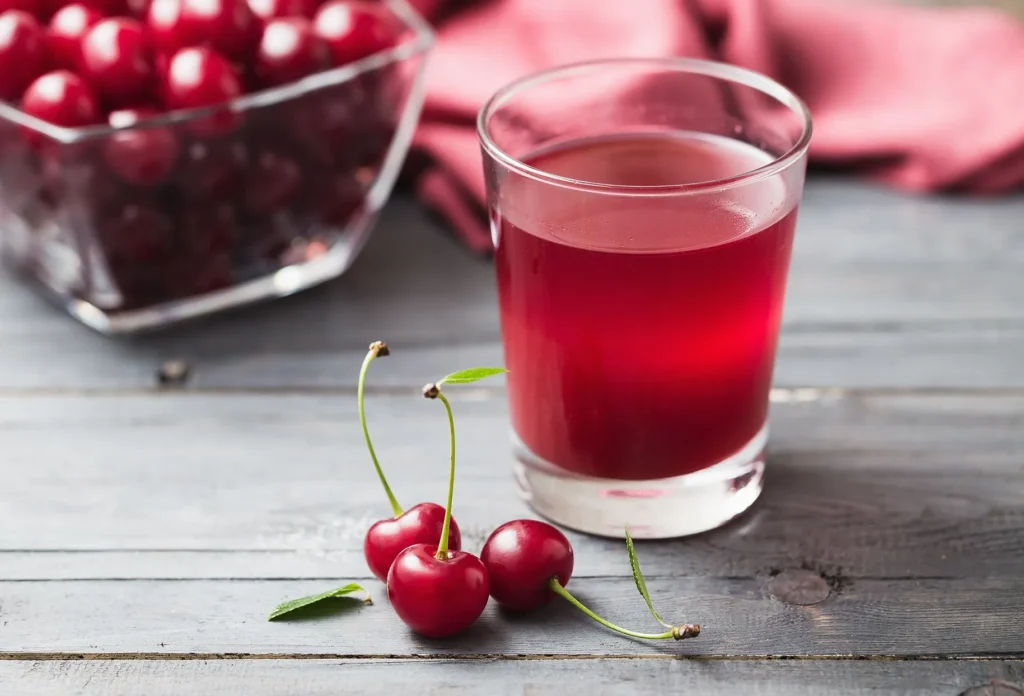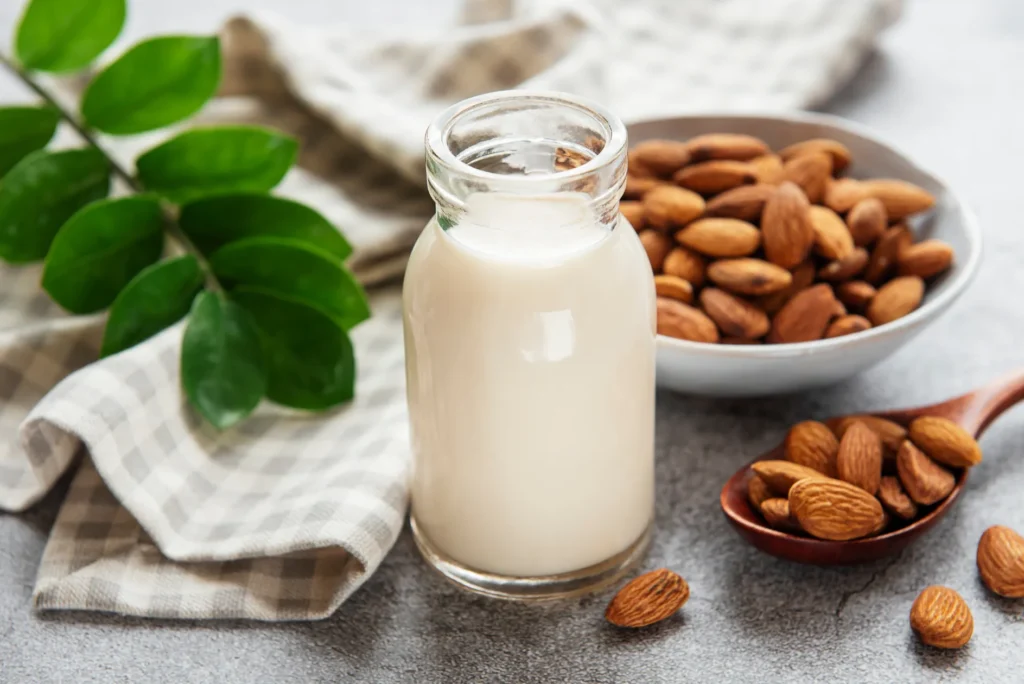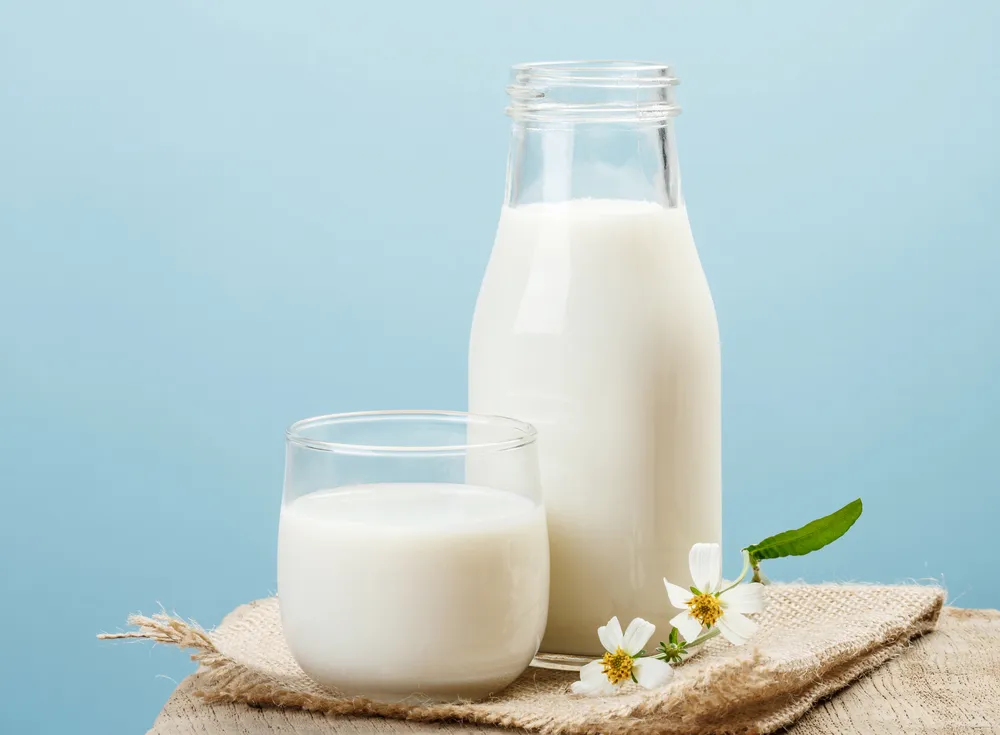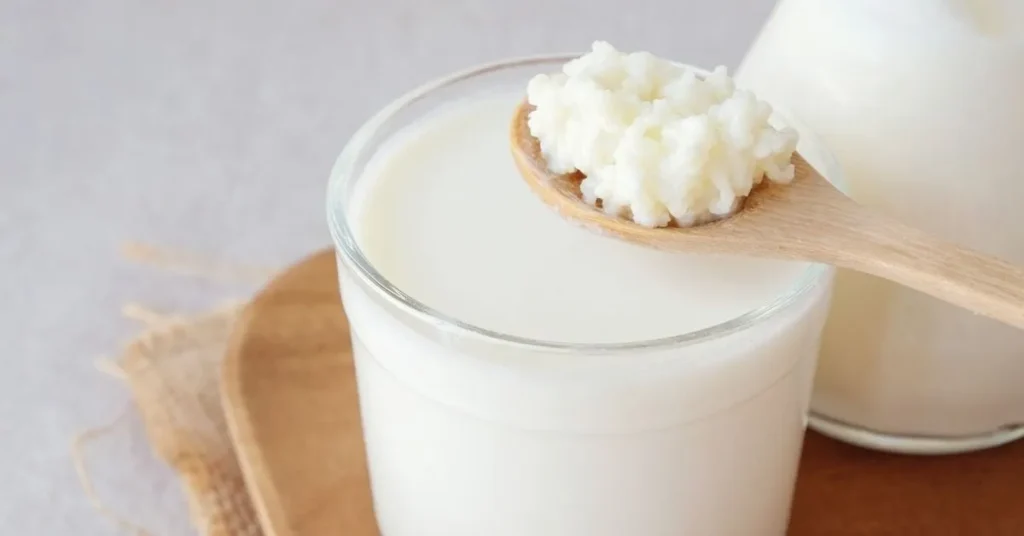Those who have difficulty falling asleep or waking up throughout the night are not alone in their inability to achieve a restful night’s sleep. A third of adults in the United States do not meet the CDC’s recommendation of a minimum of seven hours of sleep per night. Although fatigue is sufficient to induce the desire for a restful slumber, inadequate sleep provides additional negative consequences.
Consistently falling below the recommended 7 hours of sleep per night is linked to health complications such as obesity, diabetes, hypertension, cardiovascular disease, stroke, and depression, according to a Research. Additionally, your immune system, performance, and concentration are negatively affected.
Although there are numerous strategies to improve sleep quality, such as establishing a relaxing bedtime routine and putting away electronic devices, you can also leverage the power of nutrition to aid in your sleep endeavors. Although you may already be aware of certain foods and beverages that disrupt sleep, such as caffeine-containing items and those high in fat or spice, there are numerous foods and beverages that promote restful sleep that you should maintain a consistent supply of.
We consulted with dietitians and reviewed the most recent research in order to identify the most beneficial beverages for promoting a restorative night’s sleep. Continue reading to learn which eight beverages promote restful sleep.
1. Tart cherry juice

Montmorency tart cherries, the particular cherries found in tart cherry juice, contain melatonin, which aids in the regulation of our natural sleep patterns. In a small study involving adults with insomnia, consuming one cup of cherry juice twice daily for an extended period of time resulted in an 84-minute increase in sleep duration compared to the placebo group.
Although tart cherries do contain the sleep-inducing amino acid melatonin, this study also discovered that consuming cherry juice increased the availability of tryptophan.
2. Chamomile tea
This herbal tea has relaxing properties and is naturally caffeine-free; if you have difficulty turning off your mind and worries at night, it may assist you in falling asleep more easily.
Chamomile demonstrated efficacy in alleviating symptoms of generalized anxiety disorder and enhanced the quality of sleep. Additionally, as a digestive relaxant, chamomile may alleviate gastric discomforts such as indigestion, gas, and bloating, all of which are frequent sleep disruptors.
3. Almond milk

Almond milk is an excellent sleep-inducing beverage, supported by scientific evidence that serotonin present in the brain can help initiate sleep. Serotonin levels in our central nervous system are highly dependent on tryptophan, an amino acid naturally present in both cow’s milk and almond milk.
Almonds are a rich source of melatonin and magnesium, in addition to tryptophan, which are both sleep-inducing nutrients. Almond milk contains 17 milligrams of magnesium, which is equivalent to 4% of the daily value (DV).
4. Decaf green tea
So long as decaf green tea is consumed, the health benefits of the beverage permeate the sleep void. Green tea is rich in antioxidants, which aid in cell repair and protection; additionally, its l-theanine content has been demonstrated to reduce stress and anxiety, thereby facilitating a more tranquil sleep environment, particularly with regard to the rate of sleep onset.
Although a standard cup of green tea contains only about 8 milligrams of l-theanine, it may promote sleep if consumed throughout the evening.
5. Milk

It comes out that the age-old sleep remedy of drinking a glass of warm milk before bed contains some truth. In addition to being beneficial for our heart and bones, calcium in milk is essential for the production of melatonin, a hormone that promotes sleep.
A glass of milk also contains magnesium and potassium, which can help ease muscle cramping, a common cause of sleep disturbances, especially in older adults, according to experts. One 16-ounce serving of low-fat milk contains 16% of the DV for potassium and 13% of the DV for magnesium.
6. Ashwagandha tea
Long-term sleep improvement may result from incorporating ashwagandha extract into your evening beverage or consuming a cup of ashwagandha tea. Ashwagandha, a herb with a long history of use in stress relief and sleep induction, may improve sleep for individuals with mild sleep disturbances and insomnia, according to recent research.
This may be achieved through the reduction of the time required to fall asleep, the enhancement of restful sleep duration, and the overall duration of sleep. The duration of this study was eight weeks. The majority of research examining the benefits of this herb spans several weeks to months, suggesting that the effects are not instantaneously apparent but rather manifest over an extended period of time.
7. Kefir

This tangy yogurt beverage contains billions of microbes that support a healthy gut microbiome and amino acids, including tryptophan, which all contribute to its sleep-inducing qualities. Study published correlation between a varied gut microbiome and enhanced sleep efficacy as well as total sleep time. This is possibly due to the ability of particular gut flora to produce serotonin, a sleep-inducing chemical messenger.
Kefir is rich in probiotics, which help maintain the diversity of beneficial bacteria in the gut and regulate cytokine response and serotonin production. Kefir is a natural source of tryptophan, a precursor to both serotonin and melatonin. Try this tangy beverage in a bedtime smoothie, over chilly cereal, or incorporated into a bowl of hot oats if you are uncertain of how to consume it.
8. Golden Milk
In order to enhance the sedative properties of a regular serving of heated milk, consider incorporating a small quantity of honey, turmeric, or ginger into a glass of golden milk. In addition to tryptophan, magnesium, and potassium, which are all beneficial components of milk, ginger and curcumin provide digestive solace and anti-inflammatory properties, respectively.
In addition to its potential as an anti-inflammatory agent, turmeric might also possess an additional sleep-inducing property. In a manner comparable to that of the insomnia medication Doxepin, turmeric extract increased non-rapid eye movement (nREM) sleep in rodents, according to Research. This discovery may prompt further investigation into the undetermined direct effect of turmeric on human sleep.
Read Also:- 15 Best Healthy Recipes for Weight Loss
FAQs:
Q: What are the 8 best drinks for better sleep?
Ans: The 8 best drinks for better sleep include chamomile tea, warm milk, almond milk, valerian root tea, tart cherry juice, passionflower tea, lavender tea, and golden milk.
Q: How do these drinks help with sleep?
Ans: These drinks contain compounds that promote relaxation and help regulate sleep cycles. For example, chamomile contains apigenin, which binds to certain receptors in the brain that may promote sleepiness.
Q: When is the best time to drink these sleep-promoting beverages?
Ans: It’s best to drink these beverages around 30 minutes to an hour before bedtime to allow their effects to kick in and help you relax.
Q: Are there any drinks to avoid before bedtime?
Ans: Yes, there are certain drinks to avoid before bedtime, such as caffeinated beverages like coffee, tea, and soda, as well as alcohol. These can disrupt sleep patterns and make it harder to fall asleep or stay asleep.